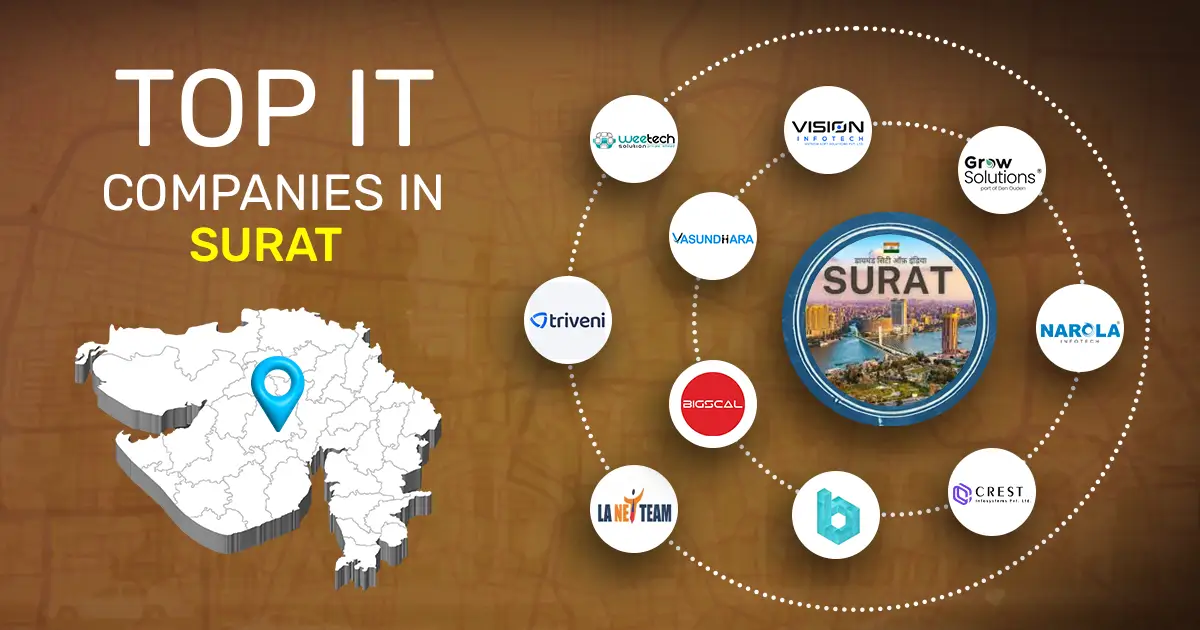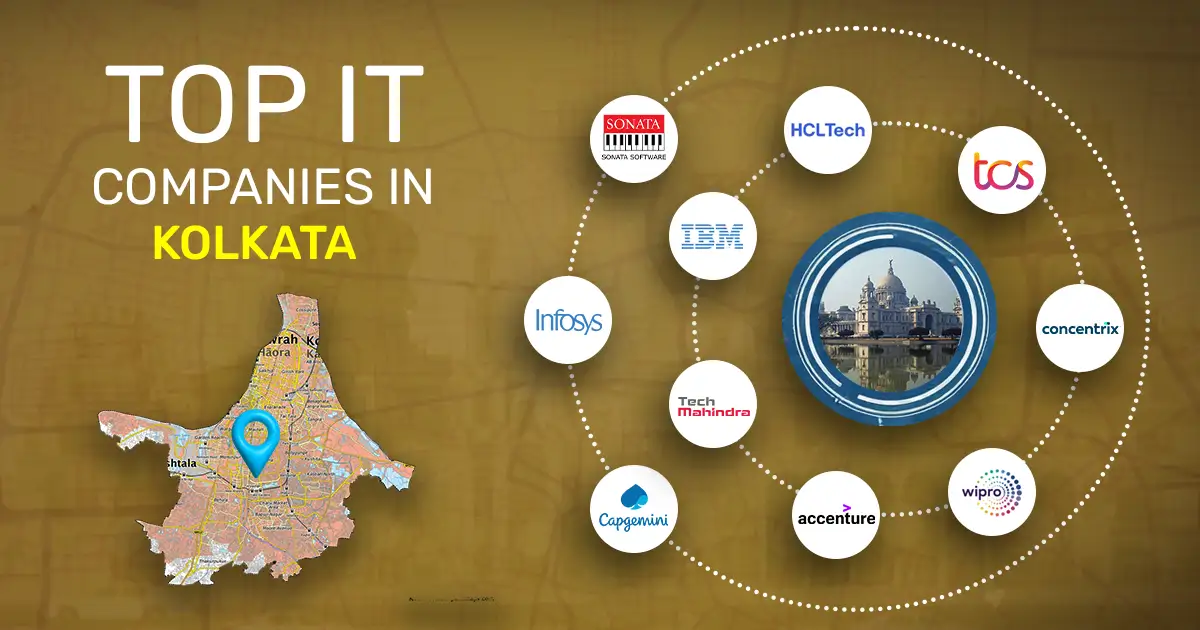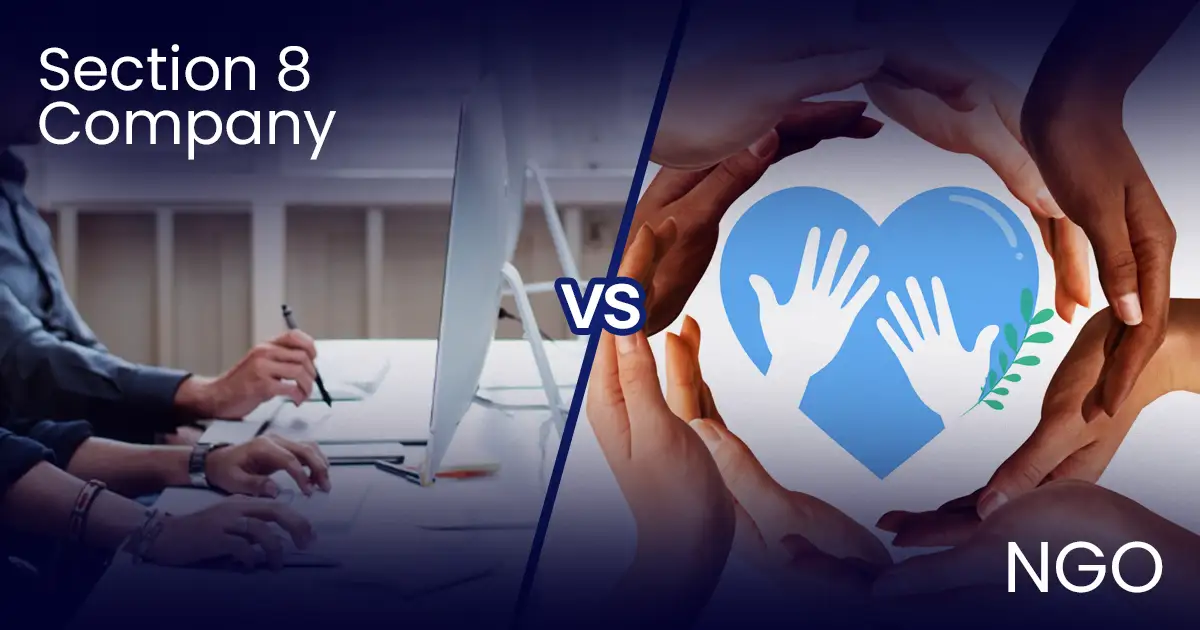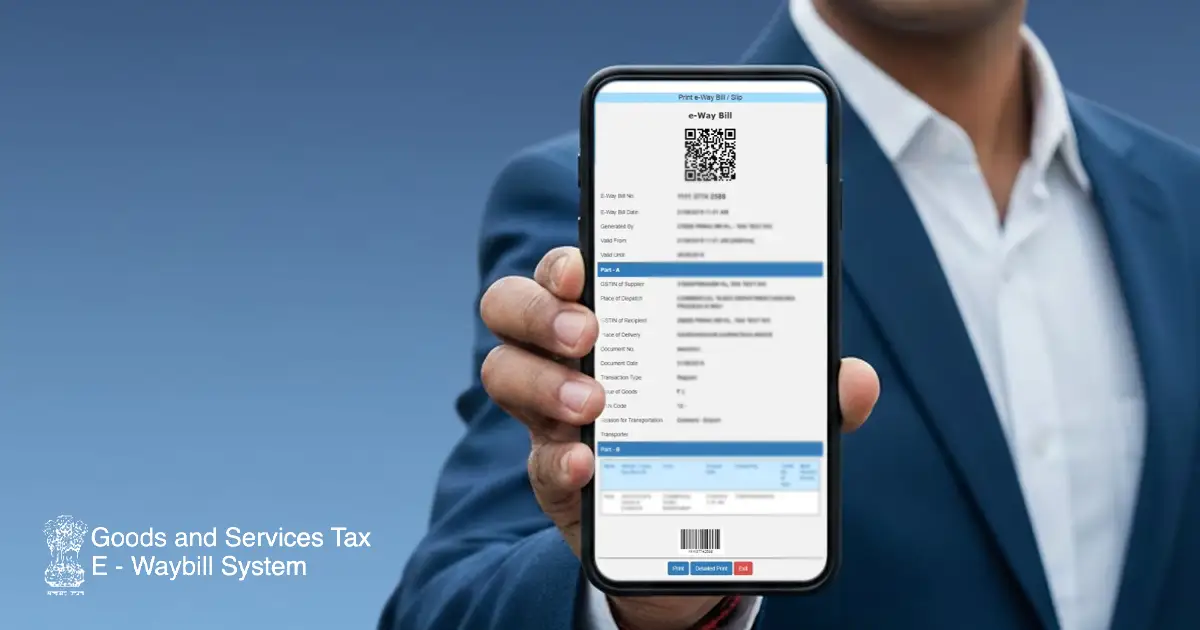A Due Diligence Report is not just a formal document; it is a comprehensive assessment of a business's financial, legal, operational, and regulatory health, usually prepared before critical decisions like investments, mergers, acquisitions, or funding rounds.
This report is created by experts to help you uncover hidden risks and ensure you make informed choices with confidence.
The due diligence report acts as a risk-prevention tool and a validation document that reveals everything from financial red flags to compliance gaps. It’s often used by investors, buyers, lenders, and legal teams to support high-stakes decision-making with verified facts and independent evaluations. A certified report can also help satisfy regulatory, banking, and investor requirements.
How to Get a Professional Due Diligence Report?
Follow the steps below to request and obtain a professional due diligence report:
- Consult a Provider: Reach out to a professional due diligence firm or chartered accountant with experience in business audits and analysis.
- Submit Business Details: Provide essential documents such as financial statements, incorporation certificates, tax records, compliance logs, and legal agreements.
- Risk & Compliance Checks: The service provider will perform detailed checks—financial analysis, legal vetting, operational review, and tax verification.
- Receive Report: After a thorough review, you’ll receive a detailed due diligence report outlining findings, compliance status, and recommendations.
- Use in Transactions: Present the report to investors, buyers, banks, or legal advisors to validate your business or assess the business you plan to acquire or invest in.











